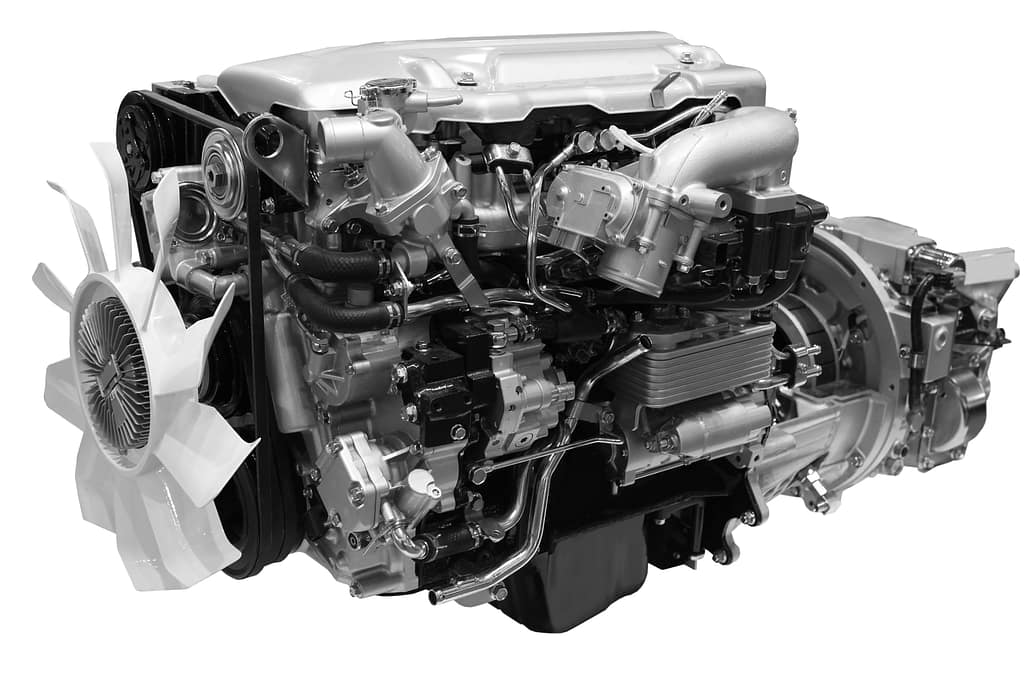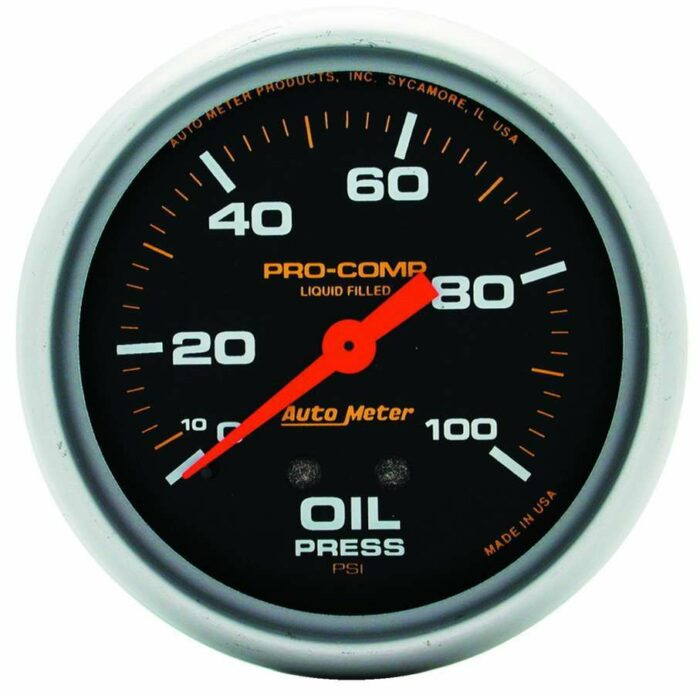Types and Benefits of Diesel Engine Oils
1. The Distinct Nature of Diesel Engine Oils
- Composition and Characteristics: Diesel engine oils are formulated to meet the unique demands of diesel engines, which operate at higher temperatures and pressures compared to gasoline engines. These oils typically have higher viscosity grades and contain additives designed to handle soot and other combustion byproducts effectively.
- Additive Packages: Key additives in diesel engine oils include detergents, dispersants, anti-wear agents, and antioxidants. These additives play a crucial role in preventing deposits, neutralizing acids, and protecting engine parts from wear.

2. Types of Diesel Engine Oils
- Conventional Diesel Oils: Derived from crude oil, these are suitable for older diesel engines and are often more cost-effective.
- Synthetic Diesel Oils: These are engineered in laboratories to provide superior performance in extreme conditions, offering better fluidity at low temperatures and stability at high temperatures.
- Synthetic Blend Oils: A mix of conventional and synthetic oils, offering a balance between performance and cost.
3. Performance and Protection
- Enhanced Lubrication: Diesel engine oils maintain a protective film over engine components, even under high stress and heat, reducing wear and extending engine life.
- Soot Handling: Diesel engines produce more soot and contaminants. These oils are designed to suspend and disperse soot particles, preventing sludge formation and engine blockage.
- Corrosion Resistance: The additives in diesel engine oils help protect against corrosion caused by combustion byproducts and moisture.
4. Viscosity Grades and Specifications
- Understanding Viscosity: Diesel engine oils come in various viscosity grades, and it’s essential to choose the right grade based on the engine’s design and operating conditions.
- Industry Standards: Look for oils that meet or exceed industry standards set by organizations like the American Petroleum Institute (API) and the Society of Automotive Engineers (SAE).
5. Choosing the Right Oil for Your Diesel Engine

- Manufacturer Recommendations: Always refer to the vehicle’s manual for the manufacturer’s recommended oil specifications.
- Driving Conditions: Consider the typical operating conditions, such as temperature extremes and load demands, when selecting an oil.
6. Environmental and Sustainability Considerations
- Low-SAPS Oils: These oils have reduced levels of Sulphated Ash, Phosphorus, and Sulphur, which are beneficial for engines with modern emission control systems and are more environmentally friendly.
Conclusion: Diesel Engine Oils
Diesel engine oils play a pivotal role in the performance and longevity of diesel engines. Understanding the various types of diesel engine oils and their specific applications is crucial for optimal engine performance and durability. Whether it’s a heavy-duty truck or a personal diesel vehicle, selecting the right oil can significantly impact engine efficiency and lifespan.
Here are 3 articles that apply to diesel engines.






